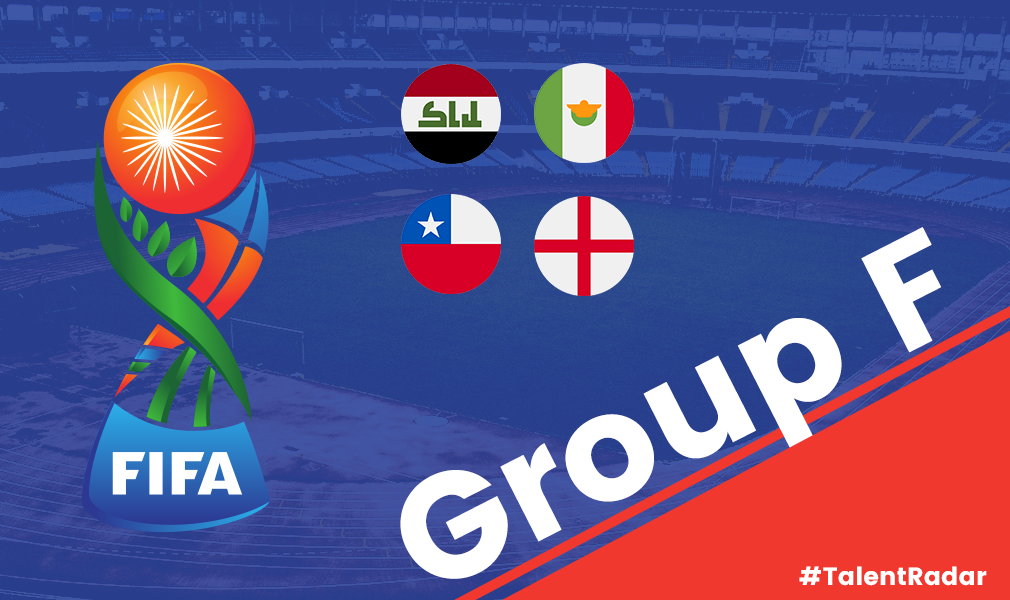Thomas Harrison gives his view on the existing contradictions involving foreign players working in a football league, taking a closer look at the current situation in Mexican football.
The club versus country debate has become a major discussion in modern football, and at the heart of the debate is foreign player rules. Foreign players generally increase the standard of clubs and the league as a whole, but reduce the number of domestic players receiving first-team football, potentially decreasing the quality of the national team. The vast majority of football leagues across the world limit the amount of foreign players allowed per club, with various rules from simple restrictions on numbers of non-domestic players to the Premier League’s home grown rule. But are these rules fair on the players? Are they even legal? Using my area of expertise, Mexico, as a base, I evaluate foreign player restrictions.

Back in 2014, Mexico made a major, controversial change to its foreign player rule. Previously, Liga MX clubs were allowed five foreign players, with foreigners needing to play in Mexico for five years before being counted as domestic, even if they had become a naturalized Mexican citizen. The rule change meant that all naturalized citizens would count as non-foreign, particularly significant as in Mexico those from Latin America or Iberia can take up citizenship after living in Mexico for just two years. A couple of years on, with less Mexico-born players in Liga MX, the topic has re-surfaced as rumours of a possible restriction on naturalized players emerge. Many have questioned whether restricting players that hold Mexican passports would be possible legally, but I’m not sure the current restrictions on those that don’t hold Mexican passports are legal.
Firstly, there’s a United Nations convention that would suggest they aren’t. The International Convention on the Elimination of all Forms of Racial Discrimination establishes the obligation of Member States not to permit, promote, advocate or support any discrimination on the basis of race, colour, or ethnic origin, on the part of any group, institution or individual. Restricting the number of foreign footballers that clubs can employ seems cause clubs to break this law, as they’re discriminating against footballer’s nationality and ethnicity. Perhaps clubs would do well to look at implementing some policies and values, not unlike those being increasingly promoted by diversity initiatives in the workplace of businesses around the world. After all, football is a sport that is followed, enjoyed, and played by people from all backgrounds and nationalities so it only seems right that this is reflected by the values of the clubs and the players. Clubs should look to support players that have been discriminated against. They could help them to take legal action if they wanted to do so. No one should have to experience that sort of harassment in their workplace, so some players may want to contact a Denver attorney, or another attorney more local to them, to help them fight a legal case against those who discriminated them. Football players should be treated no differently from those working in office jobs. That’s still their workplace, and they shouldn’t be discriminated against there.
Looking at domestic Mexican laws, there appears to be some confusion and contradiction. Firstly, according to the Commission for Labour Cooperation in North America (NAALC), the Ley Federal para Prevenir y Eliminar la Discriminación (LFPED) defines discrimination as “any distinction, exclusion, or restriction based on ethnic or national origin” amongst other factors such as sex, age, disability and religion. However, the Ley Federal del Trabajo (LFT) forces employers to discriminate based upon nationality as employers are obliged to give preference to Mexicans over foreigners under equal circumstances. To make the matter even more confusing, in Mexico City, the largest city in Mexico and home of three Liga MX clubs; América, Cruz Azul and Pumas, it’s illegal to discriminate in the workplace based upon nationality or ethnic origin. Breaking this law can be punished by a fine or even a prison sentence.
I’m no legal expert and haven’t read through the small print, but it would appear that some, or all, of the Liga MX clubs are being forced to break discrimination laws in Mexico. Certainly, Mexico City teams América, Cruz Azul and Pumas are breaking the federal district law which prohibits discrimination based on nationality or ethnic origin by restricting the number of foreign players in their club. The LFT obligation to give Mexicans preference under equal circumstances may supersede the Mexico City law, but even so, the five foreign player restriction can potentially lead to Mexican players being employed despite being worse than an available foreigner. Therefore, this doesn’t count as “equal circumstances”.
Looking globally, any football divisions with foreign player restrictions that are based in countries that have signed up to the United Nations convention on the Elimination of all Forms of Racial Discrimination, are forcing their clubs to break this convention. Football clubs perhaps get away with it as they’re viewed differently to normal companies, but they shouldn’t be given any special treatment.
There’s also a major question over the morals of foreign player rules and whether it’s fair on footballers or not. Again using Mexico as an example, foreign player restrictions mean that a Mexican player currently has a much better chance of being signed by a Liga MX team than a non-Mexican, even if they have the exact same ability. For footballers from nations with weak domestic leagues with little money, this can hold back their careers from developing and result in fewer earnings from the sport. When this happens as a result of where someone is born, a complete lottery, it seems unfair.
Again, it seems that football clubs are treated differently to other employers. Just imagine if you wanted to work in a foreign country but kept getting job applications rejected as all the companies had filled their foreign worker allowance. Personally, I’d feel angry and discriminated against.
Any major changes to foreign player restrictions around the world would be a watershed moment for the game and could have major ramifications, with money becoming even more significant in determining the strength of football leagues globally. For example, countries with weak national teams but bags of money, such as China, Saudi Arabia, The UAE and Qatar, could develop some of the world’s strongest divisions. This could potentially take some of the power away from league’s in Europe and South America, with the latter already losing some of its best players to leagues in the East, particularly China. Potential impacts would of course have to be assessed and analysed.
But with football clubs currently being forced to discriminate based upon where footballers are born, I believe it’s time we starting questioning these foreign player rules; both legally and morally. As highlighted, any changes to rules and restrictions would have major consequences for global football and these impacts must be understood. But compared to the discrimination that we see today, which is unfair on so many footballers, removing foreign player rules may be a move for the better.
Written by Thomas Harrison
- Talent Radar: Liga MX’s 10 Young Players to Watch in 2018-19 - August 16, 2018
- Liga MX U-22 Young Players’ Team of the Season 2016-17: Talent Radar - May 31, 2017
- Football as an Art Form: Sergio Bueno’s Chiapas - March 2, 2017
























































